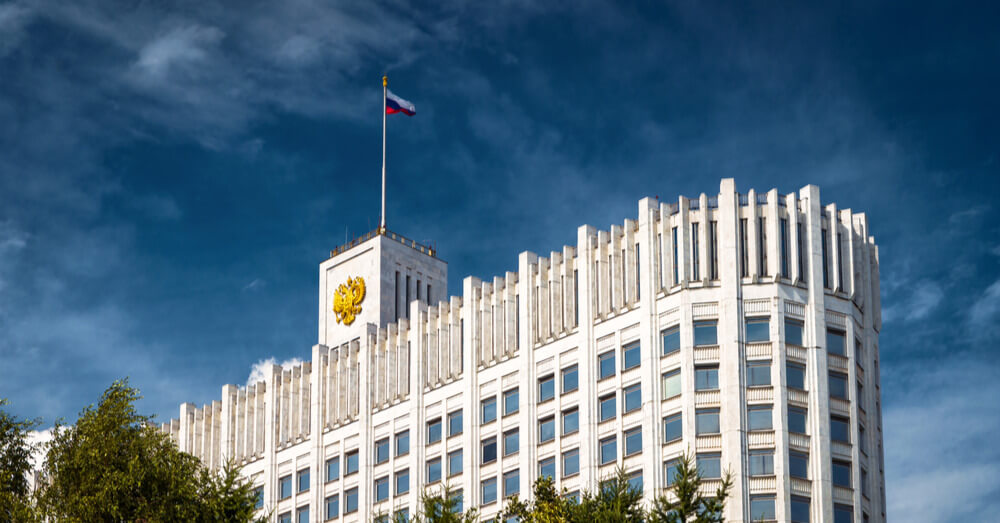
Bitcoin trading appears to remain unaffected despite the ban, which has led to speculation that Russians are using VPNs to get around it
The latest chapter in Russia’s complicated relationship with cryptocurrency has revealed that Roskomnadzor, Russia’s telecommunications services regulator, has blocked access to the LocalBitcoins portal in the country. This is a major source of traffic for the peer to peer crypto exchange.
Citizens were quick to discover that attempting to access localbitcoins.net, which is a mirror of the .com site, traders are greeted with a blank page after it was censored by the regulator. Russian users are now pushed to use a VPN, which masks their actual location, to gain access to the portal.
Russian traders have continued their activity on LocalBitcoins and customer advertisements on the site have not stopped, which many believe indicate that the traders were already prepared for this type of censorship.
It is also possible that local traders have simply gotten accustomed to it, as LocalBitcoins was already previously blocked by the Roskomnadzor four years ago. Binance, a high-profile crypto exchange, also announced it was blocked last month. However, the site was removed from the government’s blacklist database.
The government had also warned users about its intentions earlier in July, informing them that they were set on declaring restriction on access to the LocalBitcoins portal based on the justification that the site could be sharing illegal information to the public.
Their announcement coincided with their revamp of national cryptocurrency laws and while it remains legal to own cryptocurrencies in the country, they have now been banned for use as payment.
“The digital currency is recognized as an aggregate of electronic data capable of being accepted as the payment means, not being the monetary unit of the Russian Federation or a foreign state, and as investments. The digital currency cannot be used at the same time to pay for any goods and services,” the Russian news agency Tass explained.
The Central Bank of Russia (BOR) will also be playing a major role in the regulation of cryptocurrencies, as Tass has reported that the BOR will have “the right to determine features of digital assets accessible by qualified investors only.”
The Russian Government’s on-again, off-again stance on Bitcoin has appeared to have had no effect on its popularity. Russia is responsible for almost 20% of LocalBitcoin’s total operations and ranks first in terms of crypto trading in P2P markets. How the government will approach regulating this growing industry while catering to its crypto enthusiasts remains to be seen.

